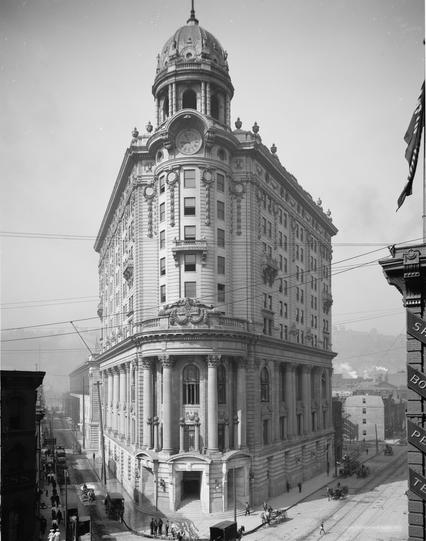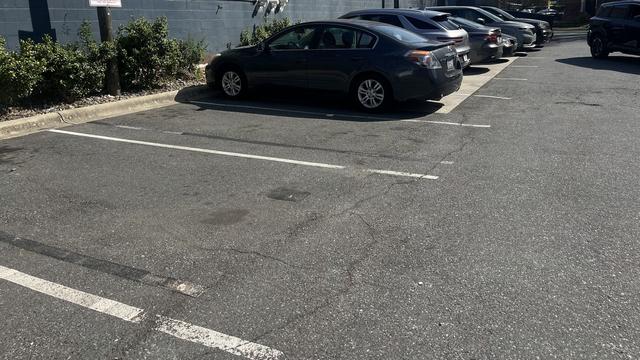Wabash #Pittsburgh Terminal
Apparently it was only in passenger operation for a relatively short period of time (1904-1931), but the architecture is really cool.
A lot of old #train stations like this had grand interiors, so I wonder what the interior looked like, but I couldn't find any photos.

